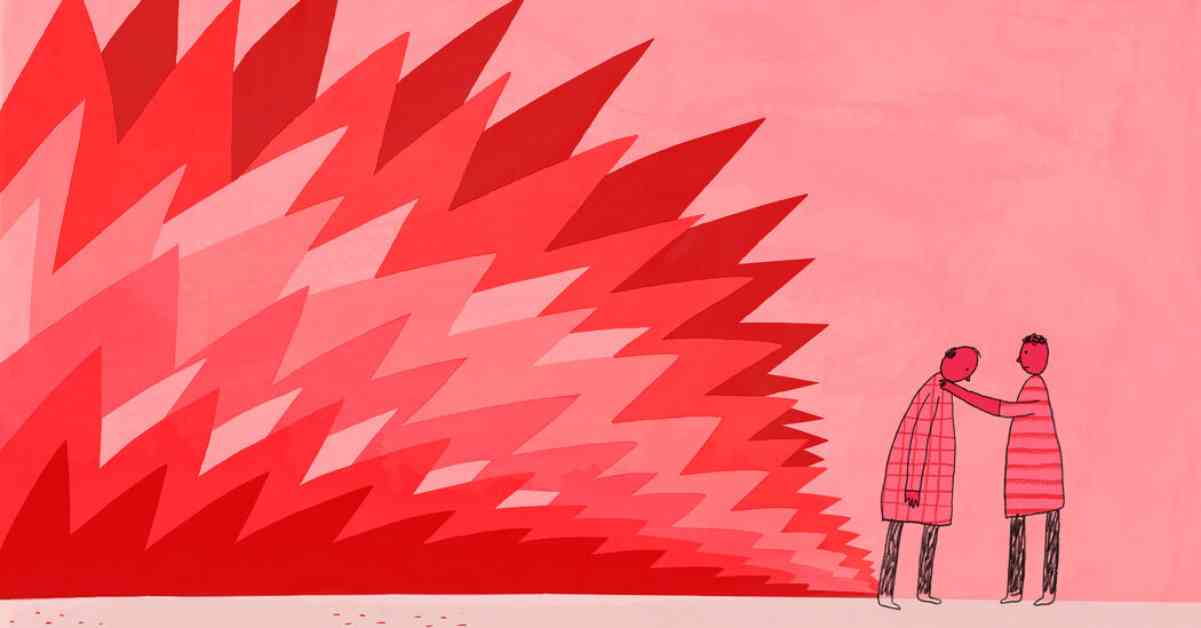I grew up in a household filled with anger. My father, a Vietnam veteran, was often lashing out in fits of rage that could be triggered by the smallest things. Whether it was my brother’s refusal to drink milk or my own innocent actions, his anger was always simmering just below the surface.
As a child, I didn’t understand the connection between my father’s time in Vietnam and his uncontrollable anger. In my mind, Vietnam was just a far-off place where he had interesting experiences and discovered new foods. It wasn’t until much later that I learned about post-traumatic stress disorder and started to piece together the source of his emotional pain.
Despite the tumultuous environment at home, my father and I shared moments of normalcy and joy. We would often bond over meals at our favorite restaurant, where he would share lighthearted stories from his time in the war. It was only much later that I would come to learn about the darker, more traumatic experiences he had endured.
It took years for both of us to acknowledge and address the root of his anger. Through patience and understanding, we were able to work through the emotional pain that had been festering for so long. It was a journey of healing and forgiveness, but one that was necessary for both of our well-being.
The journey to overcome emotional pain is not easy, especially when it is deeply rooted in past traumas. It requires introspection, empathy, and a willingness to confront the difficult emotions that have been buried for so long. Only by acknowledging and addressing these hurts can true healing begin.
In a world where emotional pain is often swept under the rug or ignored, it is important to remember that healing is possible. By facing our past traumas head-on and seeking support when needed, we can begin to move forward towards a place of peace and healing. It is a journey that may be long and arduous, but one that is worth taking for the sake of our own emotional well-being.


